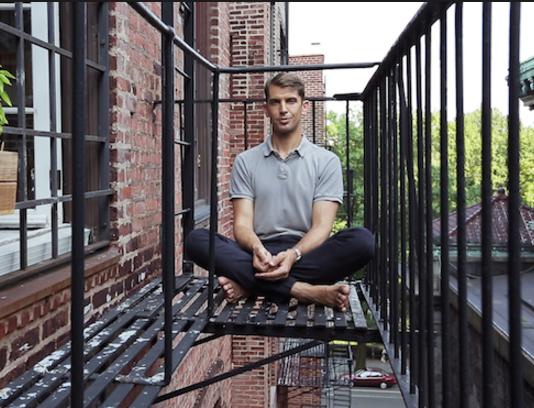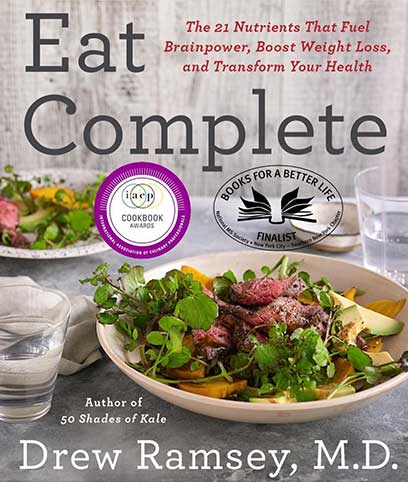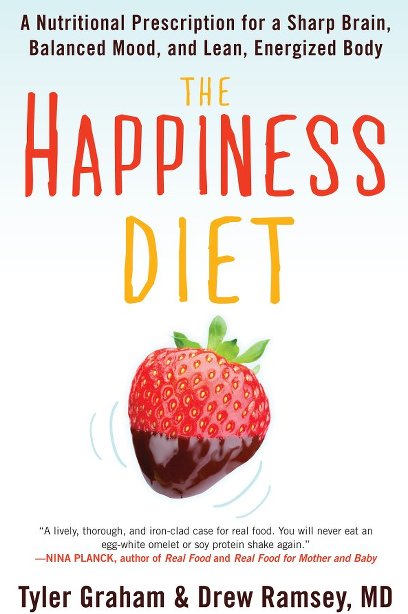Do you meditate? What comes to mind when you think of meditation? A monk in a beautiful and remote monastery or your ER doc?
I’m a fan of both mindfulness and meditation. I’m also concerned about the high rates of burnout we see in health care professionals. For many, including myself, breath work and centering exercises give me tools to actively fight stress. (Did you get that memo? Stress is here to stay.)
Meditation literally helps rewire our brains in ways that allow you to be more positive, and there are tremendous health benefits just from the stress reduction. There are so many types of meditation, from simply watching our breath to repeating mantras and everything in between. It’s a skill I try to pass on to patients, and a skill I practice myself. Earlier this year I had the opportunity to interview Mark Gelula, PhD, president of the Board of Directors of the Zen Life and Meditation Center of Chicago. He began teaching meditation to medical students at the University of Illinois at Chicago in 2013, after joining the faculty as an assistant professor of medical education in 1995. In this interview, he shared some of the successes he has seen teaching doctors to meditate, and ways we can all integrate some more mindfulness and peace into our lives.
The good news? Just 5 minutes per day makes a difference. Don’t be intimidated. You don’t need a yoga retreat in Costa Rica or 10 days of silent meditation to get started. Meditation and mindfulness skills are now taught to law enforcement, med students, teachers as skills for self-care. Rest assured that with just a few minutes each day you can start to see shifts. Meditation is something that is accessible to anyone. No accoutrement needed. One of my favorite ways to meditate is soft belly breathing (a technique I learned from the Center for Mind Body Medicine).
I hope you’ll take a read and let me know what you think. Do you have a regular meditation practice? If yes, what keeps you coming back for more?









